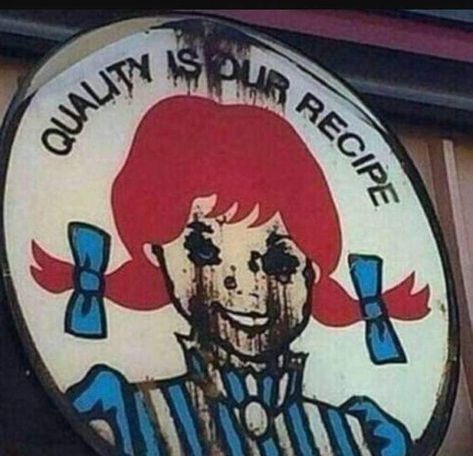I’ve become aware, as I get older, how my initial emotional reaction to conflict isn’t always fair and is usually pointed backward, defensive and angry. I also know that I do better if I have time alone to process how I’m feeling, and often by the time I’m done things have moved on.
What I’ve been working on is to stop using excuses - the moment has passed, I’d just be dredging up the same argument, I’ve had this conversation in my head a bunch but they never turn out exactly right - and just go back to the people involved and tell them how I feel because they deserve that effort. There have been disagreements I’ve had where I wasn’t in the wrong but the other party did something I can admire and appreciate, and it doesn’t hurt me any to say that.
And it never ends with what I imagine is “argument perfection”: a point by point discussion of intent and action and history. Which is silly because life is messy but it gets better and I and others grow more patient and willing to move forward if I’m not always bracing for a blow.
That’s…probably a bit confusing, but it’s been something I’ve been mulling over, so…what personality traits of yours are you working on?
Paranoid anxiety. I spend far, far, too much time thinking about how others dislike or distrust me, when there’s no evidence at all that this is the case.
deleted by creator
It is definitely tough to shed that sense. Growing up knowing I was “weird” and therefore bad (no, it was just undiagnosed autism, but I was an adult before I knew that and that element of myself had long since been solidified) meant that if I wanted people to like me then I had to give more than they did in order to just break even, which is exhausting and unfair, especially since I have a tendency to read neutral expressions as negative ones.
One thing that has helped me is the realization that that happy feeling I get when someone came to me for help and I helped them? Goes both ways for good people. And it sucks for them, too, if you’re suffering and they could help but you were afraid to ask. Having standards is both a defense of yourself and a means of determining which people should stay prominent in your life.
deleted by creator
I’m trying to cultivate a stronger sense of kinship/kindness towards complete strangers. My natural impulse is to take on an adversarial/defensive/judgemental stance towards people which is unhealthy. For example if someone cuts me off in traffic I just assume they’re a terrible person - but I have to remind myself that having this reaction only makes my own life more unpleasant. Things work out better if you assume the best in people.
That’s an axiom that people always just themselves by their intent and others by their actions.
This leads to excuses for themselves and harshness on others until proven otherwise.
I’ve been trying lately to internalize my understanding of this to fight my natural impulse to fall into this universally human trap. Basically, be a kinder person by judging the actions of others by considering plausible reasons they may have had for doing something that rubs me the wrong way. Also the opposite, and being understanding when someone flips out on me for something I did because they don’t have access to all of my mental state that led me to that point.
I’m a good listener, but I’m not a good question asker. I want to try to ask more questions during conversation, so people know I’m interested in what they have to say.
I’m often quite dominant in discussions and tend to strongly defend my position when I consider the other options to be wrong. However, my second issue is that I struggle to accept new ideas sometimes. This combination can leave me in a place where I heavily fight against a new idea, purely because I’m not fully convinced why it’ll improve things. As I learn more about it, sometimes I’ll see why it’s actually a good idea and I’ll cringe about my staunch resistance to it. I’m getting better at suppressing that initial reaction, but sometimes it’s hard since I really feel like we’re doing the wrong thing. I also think it’s related to being autistic, as black an white thinking, resistance to change, and valuing facts over the feelings of others are all things that often come with autism. Nevertheless I really want to tone it down a bit.





